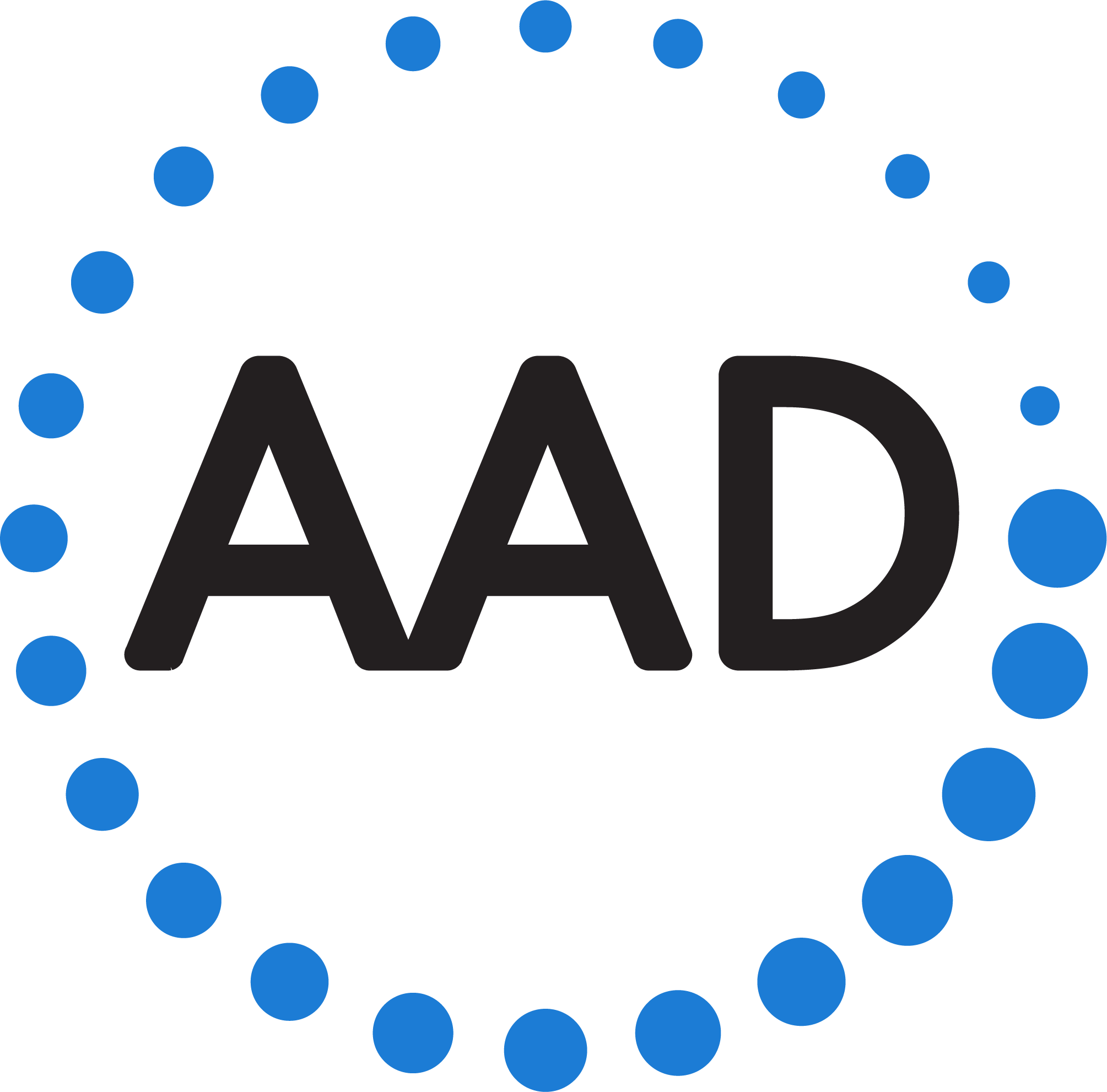Karen Klickmann(847) 240-1735[email protected]
Jennifer Gale(847) 240-1730[email protected]
Julie Bremer(847) 240-1743[email protected]EMBARGOED UNTIL OCTOBER 17, 2001
ITCHING FOR A LITTLE RELIEF? NEW THERAPIES PROVING EFFECTIVE FOR MILLIONS OF ADULTS AND CHILDREN WITH ECZEMA
NEW YORK, NY (October 17, 2001) -- Imagine an itch that just won't go away. And it's not just on your arm or leg, it could be all over your body. But that's not all. What if this itch was accompanied by red, scaly patches of skin that were highly visible and, worst of all, hard to treat? If you're one of the 15 million Americans who suffers from the chronic skin condition known as eczema, you know the feeling.
Speaking today at the American Academy of Dermatology's Derm Update 2001, dermatologist Mark Lebwohl, MD, Professor and Chairman, Department of Dermatology, The Mount Sinai School of Medicine, New York, New York, discussed the latest non-steroidal treatments for eczema that are offering hope for the millions of adults and children suffering from this condition.
Eczema is a chronic skin disease in which the skin becomes itchy and inflamed, causing redness, swelling, cracking, weeping and scaling. The American Academy of Dermatology estimates that one-fifth of all school-aged children have eczema, and 60 percent of these children will continue to have one or more symptoms into adulthood.
"While the physical symptoms of eczema are often quite painful, it's important not to ignore the emotional toll that this condition has on people," explained Dr. Lebwohl. "Oftentimes, patients will feel depressed because their condition won't go away and their self-esteem ultimately suffers as well."
Until recently, topical corticosteroids have been the mainstay for treating eczema. Although these medications can be quite effective, they can cause a number of side effects including thinning of the skin, formation of dilated blood vessels, stretch marks and infection. When applied around the eyes, topical corticosteroids can cause cataracts and glaucoma. If enough of the steroid is absorbed into the body, affected children may experience suppressed growth.
Now, a new class of drugs called topical immunomodulators, or TIMS, has been developed. These steroid-free treatments are effective in treating eczema without the side effects found with using corticosteroids.
Tacrolimus is the first FDA approved steroid-free treatment for eczema, and its results on patients have been quite dramatic. More than 28 worldwide clinical studies of over 4,000 adults and children suffering from moderate to severe eczema were conducted to examine the safety and effectiveness of tacrolimus. These studies found that tacrolimus improved or completely cleared eczema in more than 80 percent of patients, compared to only 30 percent of patients who experienced similar clearing using an alternative medication. In addition, the patients who used tacrolimus reported a lower incidence of the side effects common to corticosteroids.
One study examining the use of tacrolimus for eyelid eczema -- which is traditionally difficult to treat due to the delicate skin involved and the proximity to the eye -- found favorable results with no increase in pressure within the eyeball or side effects on the eye itself. Older medications used for eczema of the eyelid can cause cataracts and glaucoma.
Pimecrolimus is another new topical immunomodulator that, although not yet approved by the FDA, has shown promising results in clearing eczema without the common side effects. Side effects are rare and there is very little systemic absorption.
"Topical immunomodulators have really revolutionized the treatment of eczema," said Dr. Lebwohl. "Patients find the ointments easy-to-use and the results, in some cases, are almost immediate. I think the quality of life of many patients and their families has been significantly improved."
The American Academy of Dermatology, founded in 1938, is the largest, most influential, and most representative of all dermatologic associations. With a membership of over 13,000 dermatologists worldwide, the Academy is committed to: advancing the diagnosis and medical, surgical, and cosmetic treatment of the skin, hair and nails; advocating high standards in clinical practice, education, and research in dermatology; supporting and enhancing patient care for a lifetime of healthier skin. For more information, contact the AAD at 1-888-462-DERM or www.aad.org.
# # #
